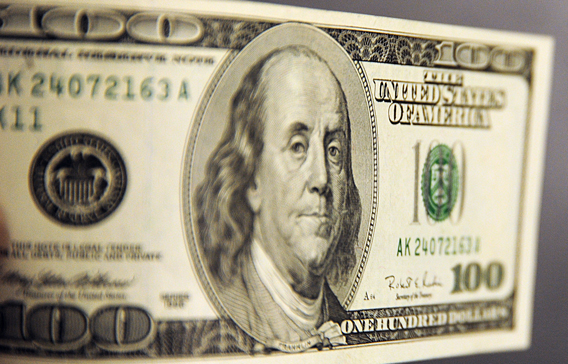The Ministry of Health will begin activating the two-price policy for medicines, which stipulates that medication produced in Egypt will be sold at higher prices abroad compared to the local market.
The decision came in an attempt to overcome the crisis of pharmaceutical companies’ losses, caused by the rising US dollar exchange rate against the Egyptian pound, and the companies’ inability to buy raw materials.
A member in the parliament’s Health Committee told Daily News Egypt the members support the policy of putting two prices on medicines, where the first price will be only for Egyptians. The text on the medication package will state that the price is subsidised for Egyptians, while the same package can be sold for a different price abroad. This will allow companies to export medication.
Given that domestically-produced medication needs to be sold at its original, local price abroad, Egyptian medicines are cheap in the international market, compared to similar medicine that is manufactured abroad. Hence, pharmaceutical companies have been struggling.
“The government increased the prices of medication that costs less than EGP 30 by 20% in May. However, there was a problem in implementing the decision, so the increase became EGP 6 per package. The government will approve the two-price policy under the pressure of companies that are facing a US dollar shortage,” said the MP, who requested anonymity.
He explained that with the recent increases in the US dollar price—which is nearing EGP 12.90—companies are facing greater difficulties in obtaining the dollar to buy raw materials. This requires a solution to enable these companies to export, and compensate for their losses in the local market.
There are 154 pharmaceutical factories in Egypt, with exports worth $210m.
The MP said that the committee has discussed the two-price policy with members of the Chamber of Pharmaceutical Industries and the Ministry of Health over the past period. The policy is considered a solution for the lack of nearly 4,000 kinds of medicines, which is considered a huge issue for Egyptian patients.
The liberalisation of medicine prices may be hard to implement at the moment, but implementing two prices for medicines will attract foreign investments in the sector, as it will enable companies to export their products to global markets, especially in the Arab world and Africa.


